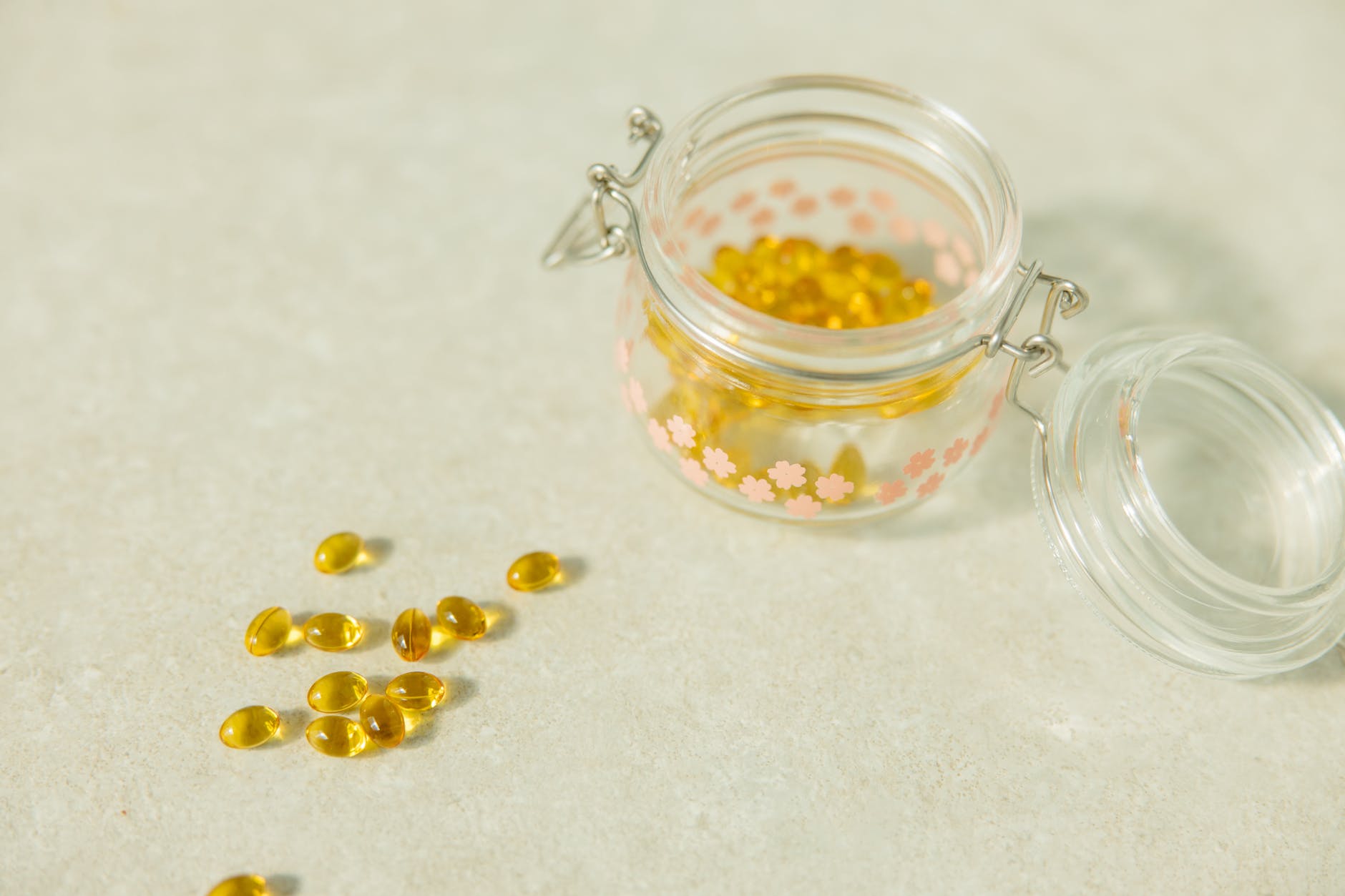 Photo by Yaroslav Shuraev op Pexels.com
Photo by Yaroslav Shuraev op Pexels.com
” data-medium-file=”https://martijnmastenbroek.files.wordpress.com/2023/01/pexels-photo-8844558.jpeg?w=300″ data-large-file=”https://martijnmastenbroek.files.wordpress.com/2023/01/pexels-photo-8844558.jpeg?w=736″ src=”https://martijnmastenbroek.files.wordpress.com/2023/01/pexels-photo-8844558.jpeg” alt=”” class=”wp-image-11194″/>
From 1 January this year, many nutritional supplements will no longer be reimbursed from basic health insurance. For kidney patients, these include potassium citrate and magnesium citrate. As a result, a large number of patients threaten to get into financial problems, because the costs for these supplements can run into the thousands of euros on an annual basis. The Kidney Foundation and the Kidney Patients Association of the Netherlands (NVN) argue for the reversal of this scheme and for a leniency scheme to bridge the gap.
“Care must be accessible to everyone. These drugs are seen as a ‘supplement’, but for a certain group of kidney patients with rare kidney diseases it is a necessary medical treatment. Temporarily reducing or stopping the intake of these supplements is definitely not an option. The patient then becomes deathly ill and must then be admitted to hospital. Those costs are many times higher. As a result, it seems that the focus has mainly been on the short term, says Marja Ho-Dac, director of NVN.”
Working more is not an option if you are ill
“My daughter is 32 and suffers from Syndrome Gitelman”, says Paul Steffens. “For this reason, she needs fairly large amounts of Potassium Slow-K and Magnesium. From January this will no longer be reimbursed, so that all costs are now for your own account. This amounts to a total of € 2,200 on an annual basis and that does not include the deductible. That’s a lot of money for her. It is not an option to take fewer supplements as it will certainly lead to hospitalization. This also leads to additional healthcare costs. So the money has to come from somewhere else. She now has to cut back considerably and only buys the bare essentials. Nice extras can no longer be paid for. Working more to absorb the increased costs is not an option. My daughter is easily tired due to her condition. She now works four days a week and that is actually pretty good.”
This affects the whole family
Irene Kinds was unpleasantly surprised in January: “At the beginning of January I suddenly received a rejection from my insurer that potassium citrate is no longer reimbursed. My son (13) has Cystinose and can’t do without it. Apparently, from January it will only be reimbursed under new conditions that we do not meet. In total, this amounts to € 3,600 per year. These costs are also increasing because aging children need more and more potassium citrate. That is not affordable for us. We are now considering taking both our children from sports and music lessons to save costs. It is also questionable whether a holiday is still in it. This affects our whole family. I honestly don’t know how to handle this situation.”
Urgent call for review of measures
From all the stories that the NVN receives, it becomes clear that the financial consequences are immense for this group of patients. The fact that these nutritional supplements are no longer reimbursed has a disproportionate financial impact on kidney patients. The Kidney Foundation and the NVN therefore advocate reversing the measures and make an urgent request to Health Insurers in the Netherlands to arrange a leniency arrangement for this group to bridge the gap.


